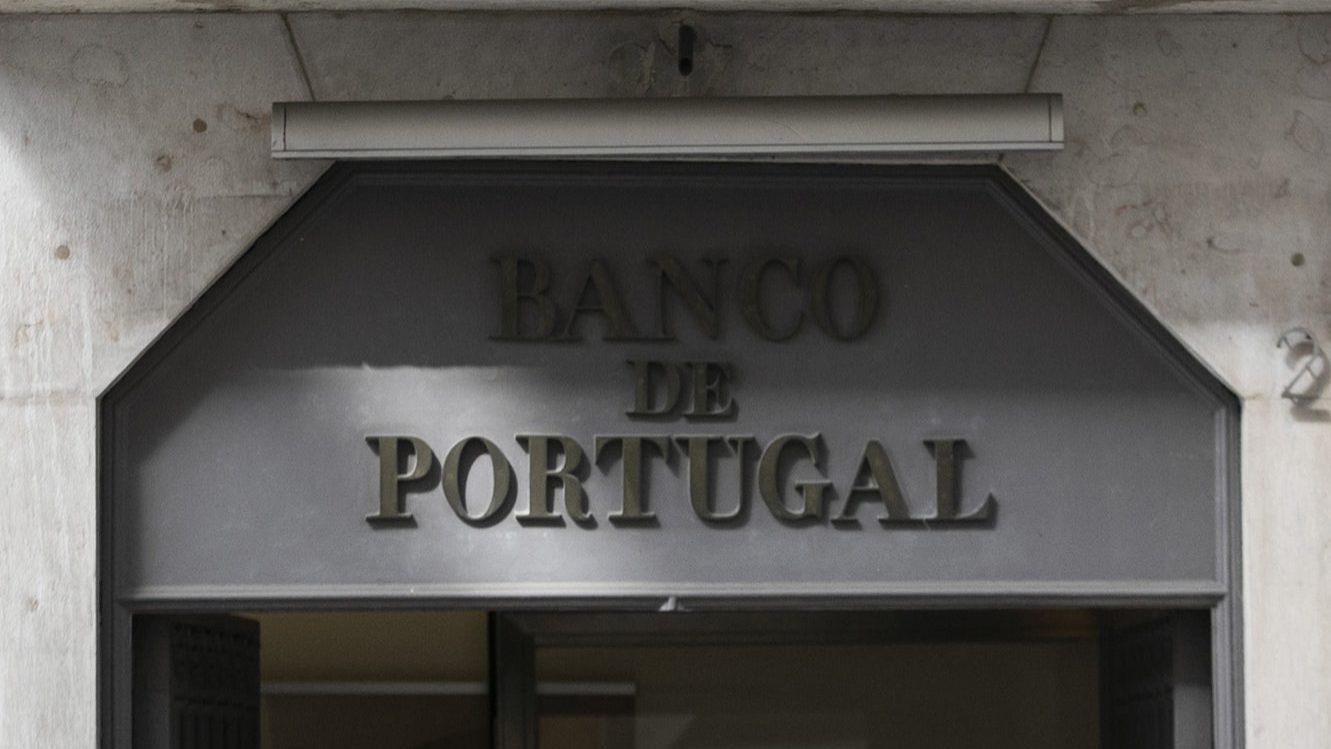Bank of Portugal: ‘Banking Union must be priority’
The governor of the Bank of Portugal considers it urgent to make progress in the Banking Union, he considers that "failing to do so could jeopardise the future of the European project."
The governor of the Bank of Portugal said it was urgent to make progress in the Banking Union, even when attention is focused on the crisis caused by Covid-19, as it could jeopardise the European project.
“Political will is needed to move forward with the completion of the Banking Union. As the impacts of the coronavirus become worse, this must now also be a priority for policy-makers and institutions. Failure to do so could jeopardise the future of the European project”, reads the article published in the Eurofi conference magazine, released today by Banco de Portugal.
According to Carlos Costa, despite the progress made in recent years, the European Union’s (EU) financial architecture has yet to be completed and strengthened, particularly in terms of risk-sharing, with a pan-European banking system, a European deposit guarantee system and adequate bank resolution and settlement mechanisms, or banking crises will remain local, he added.
“Supervisory and resolution decisions are mainly European, while the ultimate guarantor of financial stability remains national: banks are European in life but remain national in death,” said Carlos Costa, who considers that “few things can be more destructive to public confidence in European institutions than threats to financial stability.
Carlos Costa considered that, in this context, harmonising bank winding-up regimes is still too early, as it can be penalising for banks with problems (their creditors, depositors and sovereign), and advocated efforts to create an orderly management structure of banks of local systemic importance (to minimise losses and protect depositors) and that there be room for manoeuvre by national authorities.
The objective is to safeguard financial stability in each country in the face of a still incomplete and imperfect European financial architecture.
Carlos Costa said that the deepening of the Banking Union is even more important when there are pressures for the consolidation of banks due to the need to increase profitability and efficiency, considering “urgent” stabilisation mechanisms, such as the European deposit guarantee system.
The Banking Union, as designed by the EU, consists of three pillars. The Single Supervisory Mechanism is the first and is already operational, under the responsibility of the European Central Bank (ECB), which directly supervises the main European banks, such as the Portuguese Caixa Geral de Depósitos (CGD), BCP and Novo Banco. The national authorities (in Portugal, the Bank of Portugal) are in charge of supervising the other, smaller banks.
The second pillar is the Single Resolution Mechanism, which is responsible for the resolution and/or restructuring of banks at risk of bankruptcy and the objective is to be endowed with 55 billion euros by 2024, a figure that will come from banks’ contributions. It will also have the possibility to finance itself in the markets through debt issuance.
Finally, the third pillar is the common deposit guarantee fund. This part of the process is lagging behind, and there are many doubts about its realisation, with countries placing obstacles in the way of mutualisation of risk, refusing to be able to pay for distressed banks in southern countries, particularly Italy.


